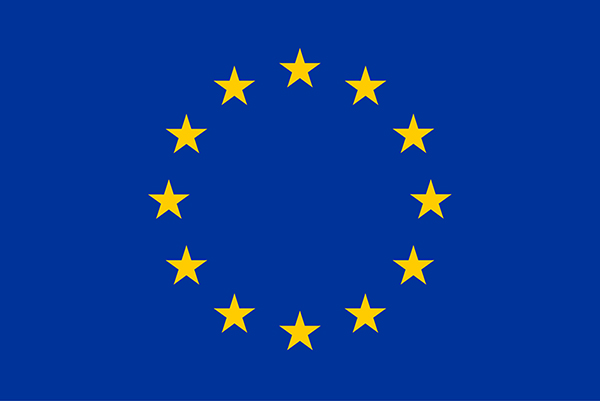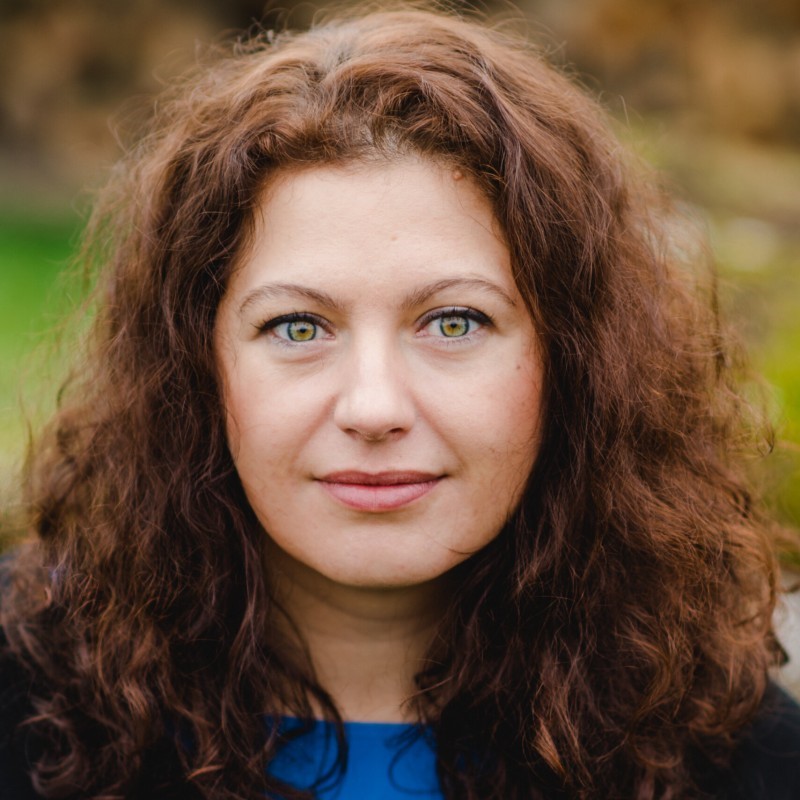Despite the high energy savings potential in the EU, the market for ESCOs in the residential sector is much less developed than in other sectors (e.g. industry or public/services). In addition to cross-sectoral barriers (e.g. low energy prices, lack of information and awareness, lack of appropriate forms of financing), there are specific barriers that make the large-scale application of the ESCO model in the residential sector particularly difficult (e.g. lack of scale or low energy intensity to justify investments within the structure of the current EPC model). In this context, the frESCO project aims to work with ESCOs and aggregators to enable the introduction of innovative business models based on novel integrated energy service packages that combine and reward local flexibility to optimise local energy performance in terms of both energy efficiency and demand side management. Such new service and business models will bring together two currently differentiated service offerings under common pay-for-performance contracts (an enhanced form of current EPCs) to enable the realisation of next generation smart energy service packages. The strong presence of industry in the consortium (2 ESCOs, 2 aggregators, 3 ICT and technology providers and 2 engineering companies) and end-users (1 cooperative and 1 hotel), supported by 3 RTOs, will ensure market acceptance of the new frESCO business models. The new frESCO business models will be demonstrated in 4 different pilot projects (Spain, France, Croatia and Greece) with complementary characteristics in terms of building typology (single/multi-family), climate, regulation, energy consumption, energy equipment, consumer groups, etc., facilitating the replicability of frESCO solutions across Europe. Overall, frESCO aims to achieve direct primary savings of 464 MWh/year and a reduction of 108 tCO2/year, triggering investments of €28.3 million during the replication phase.





